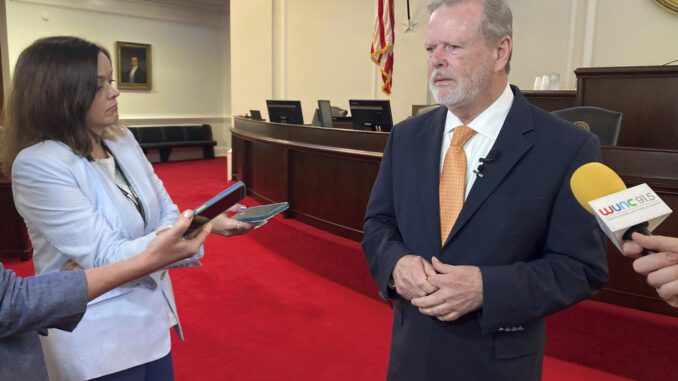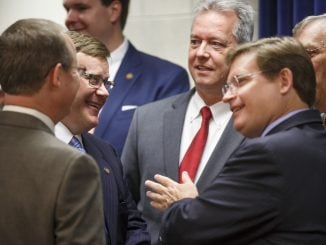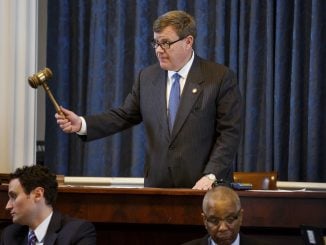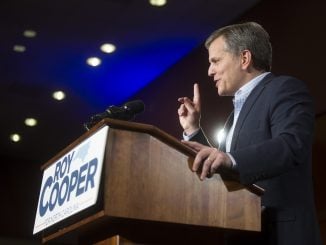
RALEIGH — Proposals to add casino gambling in North Carolina are met with anticipation from state leaders and trepidation from some in the expected landing spots of the projects.
Throughout the summer, details of state-sanctioned casino projects trickled out through various news reports, coalescing around a draft bill that would place casino projects in Anson, Nash and Rockingham counties. A fourth project would also be authorized pending federal recognition of the Lumbee Tribe around Robeson County.
A study authorized by Greater Carolina, a free-market policy organization, with Spectrum Gaming Group found ample data backing the casino projects as economic boons for the state.
In one statistic, the study found that gross gaming revenue could reach $1.3 billion with casino gaming in the three counties.
One of the core arguments in addition to the economic windfall of the projects is the threat to current revenues from ongoing casino construction in Virginia.
In 2020, four Virginia cities placed referendums on the ballot in Bristol, Danville, Norfolk and Portsmouth. A fifth, in Richmond, could be on the ballot in 2024.
The Greater Carolina study found that the projects specifically in Nash and Rockingham counties would restrict “leakage” of gaming revenues to the Virginia locations.
“Based on the locations of the Virginia casinos and the total casino gaming potential in the areas within 90 minutes of the casinos, Spectrum estimates a potential leakage to Virginia of $259 million in gross gaming revenue after the permanent Virginia casinos are open,” the study says in its analysis.
That has state leaders concerned, including Senate Leader Phil Berger (R-Eden).
On July 13, Berger said proposals adding casino gaming were “Better than 50-50.”
In an Associated Press interview, Berger said he estimated nearly 80% of vehicles in the Danville casino parking lot had North Carolina license plates based on a trip he made himself to investigate.
“The gaming is already taking place in North Carolina, and gaming is taking place on the border of North Carolina that is pulling money out of North Carolina,” Berger said to the AP, adding that a new additional revenue stream “has multiple benefits.”
Yet in Berger’s home county and elsewhere, residents are either opposed to the projects or want to decide for themselves whether to move them forward.
A Rockingham County rezoning request in the western side of the county along Highway 220/73 with ties to a Maryland sports and entertainment company has some residents rallying to oppose the project.
A Change.org petition has more than 2,200 signatures and a meeting about how to coordinate opposition was held on Aug. 1 at a local Baptist church in the area.
Much of the concern from residents about the Rockingham County project has focused on potential impacts on a local camp adjacent to the property for disabled children.
Camp Carefree, which hosts programs for kids ages 6 to 16 with chronic illnesses and disabilities, would see its surroundings altered significantly.
The rezoning request was denied by Rockingham County Planning Board members but is expected to come to the Rockingham County Board of Commissioners later this month.
In Nash County, the board of commissioners met in a special session on July 28 to pass a resolution calling for a referendum on the matter.
Board Chairman Robbie Davis said he is not for the casino personally but said the trend has been to leave highly controversial matters to the will of the people, according to a report from the Rocky Mount Telegram.
The study from Greater Carolina also included a statewide poll conducted in January. In that poll, a majority of voters across the political spectrum were largely indifferent about gaming policies.
In a summary along with the full poll results, the findings found that voters “generally favor or are neutral on expanding gaming” and “gaming expansion is not a deciding issue for voters.”
Both Berger and House Speaker Tim Moore (R-Kings Mountain) said “they have agreed to a tax package and resolved other key differences” and are negotiating other aspects of the budget this week. That is presumed to include final language and tax provisions relating to the casino projects.



